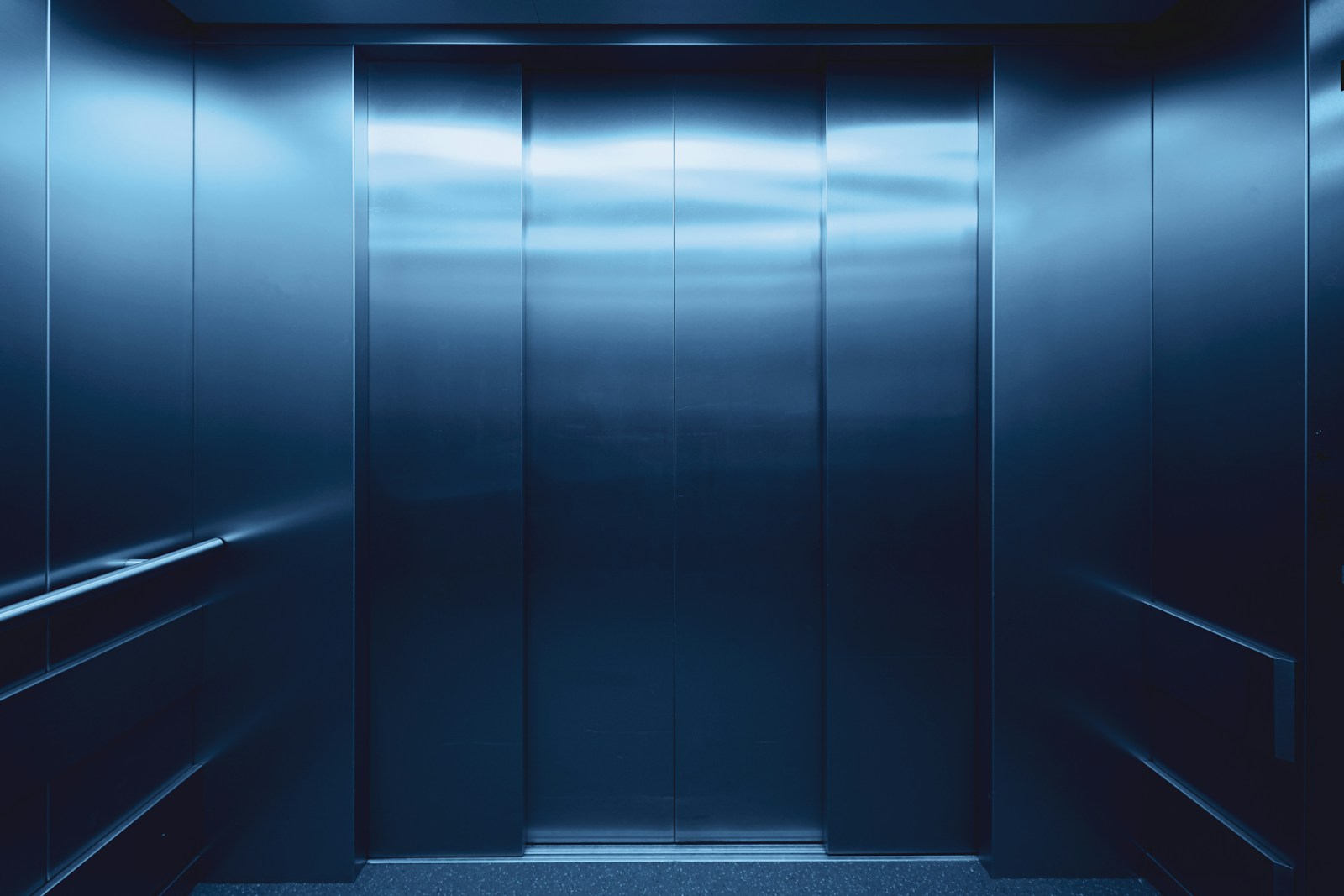Now Reading: Why Elevator and Escalator Malfunctions Are More Than Just Inconveniences
-
01
Why Elevator and Escalator Malfunctions Are More Than Just Inconveniences

Why Elevator and Escalator Malfunctions Are More Than Just Inconveniences
Mechanical problems in elevators and escalators don’t just slow people down—they can cause serious harm. In hotels, these machines are relied on every day by guests and staff. When they break down because of poor upkeep or skipped inspections, the results can be devastating. A Las Vegas hotel injury lawyer will often collaborate with engineers and safety specialists to determine what went wrong and to hold hotels accountable when negligence puts visitors at risk.
The Impact of Mechanical Failures on Hotel Guests
Unexpected Disruptions and Delays
When an elevator or escalator breaks down, it can throw entire plans off course. Picture being on a high floor with no way down, running late for a meeting, or rushing to catch a flight. Or think of arriving at a hotel only to find the escalator frozen, creating long lines and crowding in the lobby. These situations go beyond simple inconvenience; they create stress, frustration, and confusion for guests. For hotels, keeping these systems running smoothly isn’t just about convenience; it’s about ensuring that guests have a reliable and comfortable experience from the moment they arrive.
Emotional and Physical Consequences
The impact of these failures often extends far beyond the delays. Getting stuck inside a stopped elevator can be terrifying, especially for someone who already struggles with anxiety or claustrophobia. The fear and uncertainty can trigger panic in minutes. Escalator breakdowns can be just as dangerous; when one jolts, stops suddenly, or moves erratically, people can fall and suffer serious injuries such as fractures or concussions. These incidents occur more frequently than most people realize, underscoring the importance of thorough safety checks. Protecting guests means safeguarding both their physical health and their peace of mind.
Legal and Financial Repercussions
When people are injured due to a hotel’s failure to maintain its equipment, the legal consequences can be costly. Guests may seek damages for medical bills, lost wages, or the emotional trauma they’ve endured. Beyond settlements or judgments, there’s the damage to the hotel’s reputation. A single high-profile lawsuit can erode trust and discourage future bookings. By contrast, a well-documented system of inspections and repairs can show due diligence and protect hotel owners from claims of negligence. It’s a reminder that safety investments are also smart business decisions.
Ensuring Safety: How Regular Inspections and Maintenance Prevent Accidents
The Importance of Regular Inspections
Elevators and escalators are complex systems with many moving parts. Inspections are the first line of defense against dangerous breakdowns. When trained professionals regularly check for issues—whether worn cables, electrical problems, or minor malfunctions—they catch small concerns before they turn into major failures. These inspections are not a luxury; they are a necessary safeguard that ensures the safety of both guests and employees as they move through the hotel.
Maintenance
Inspections are only part of the equation: steady, consistent maintenance is what keeps elevators and escalators dependable over time. That means keeping parts lubricated, swapping out worn or outdated components, running system tests, and carefully recording every service performed. Routine upkeep not only lowers the chance of sudden breakdowns but also shows a clear commitment to safety. Those records aren’t just files in a cabinet; they’re tangible proof that hotel management values the wellbeing of its guests and staff.
The Consequences of Neglect
When maintenance slips through the cracks, the risks climb quickly. Machines that aren’t serviced regularly are much more likely to fail, and when they do, people can get hurt. In court, a missing or sloppy maintenance log can make it obvious that safety was never a priority, leaving hotels exposed to expensive lawsuits and reputational damage. By contrast, consistent inspections and thorough records show responsibility and reduce liability. In simple terms: investing in maintenance protects guests and ultimately safeguards the hotel itself.
Final Thoughts
Elevator and escalator failures are not just about inconvenience—they can alter lives in an instant. The injuries, fear, and legal battles that follow highlight why preventive care is non-negotiable. With the help of a Las Vegas hotel injury lawyer, accountability is enforced when negligence occurs. But the real goal is prevention. Hotels that invest in regular inspections and thorough maintenance aren’t just protecting themselves from lawsuits; they are safeguarding the trust and well-being of their guests. In hospitality, safety isn’t optional—it’s the foundation of a dependable and welcoming experience.










